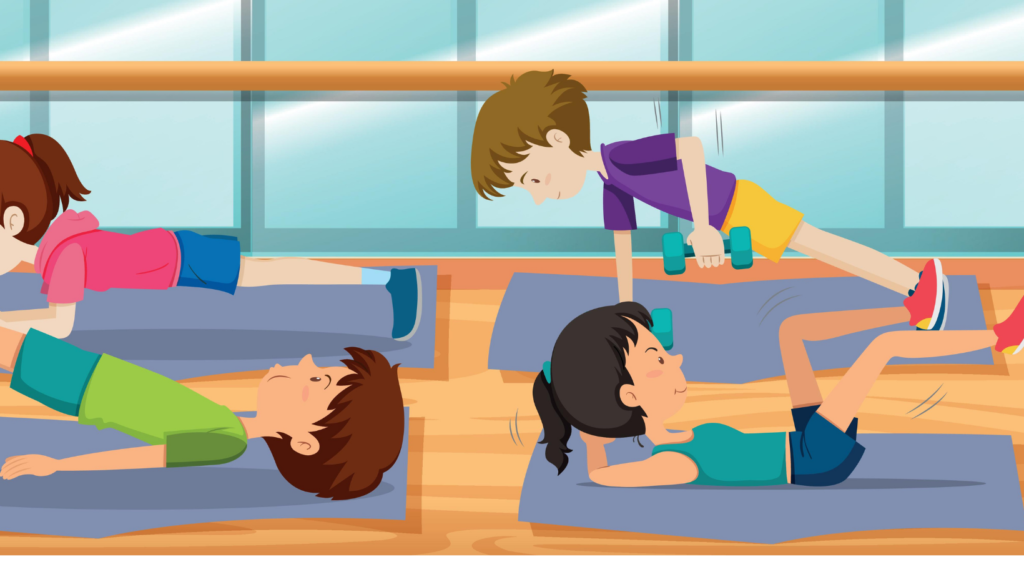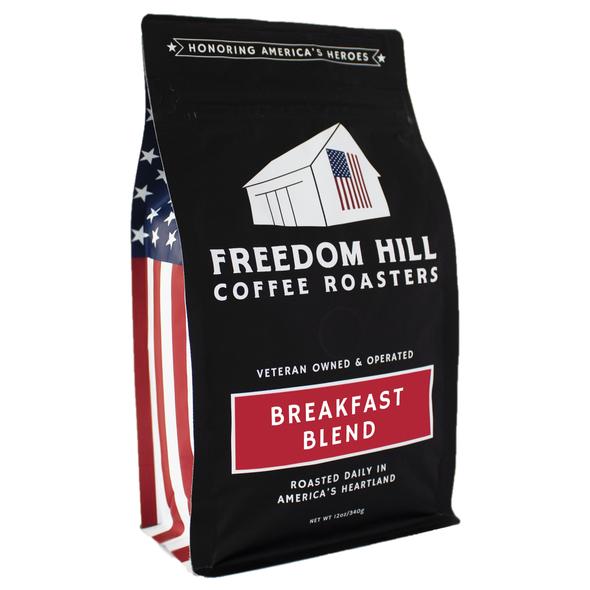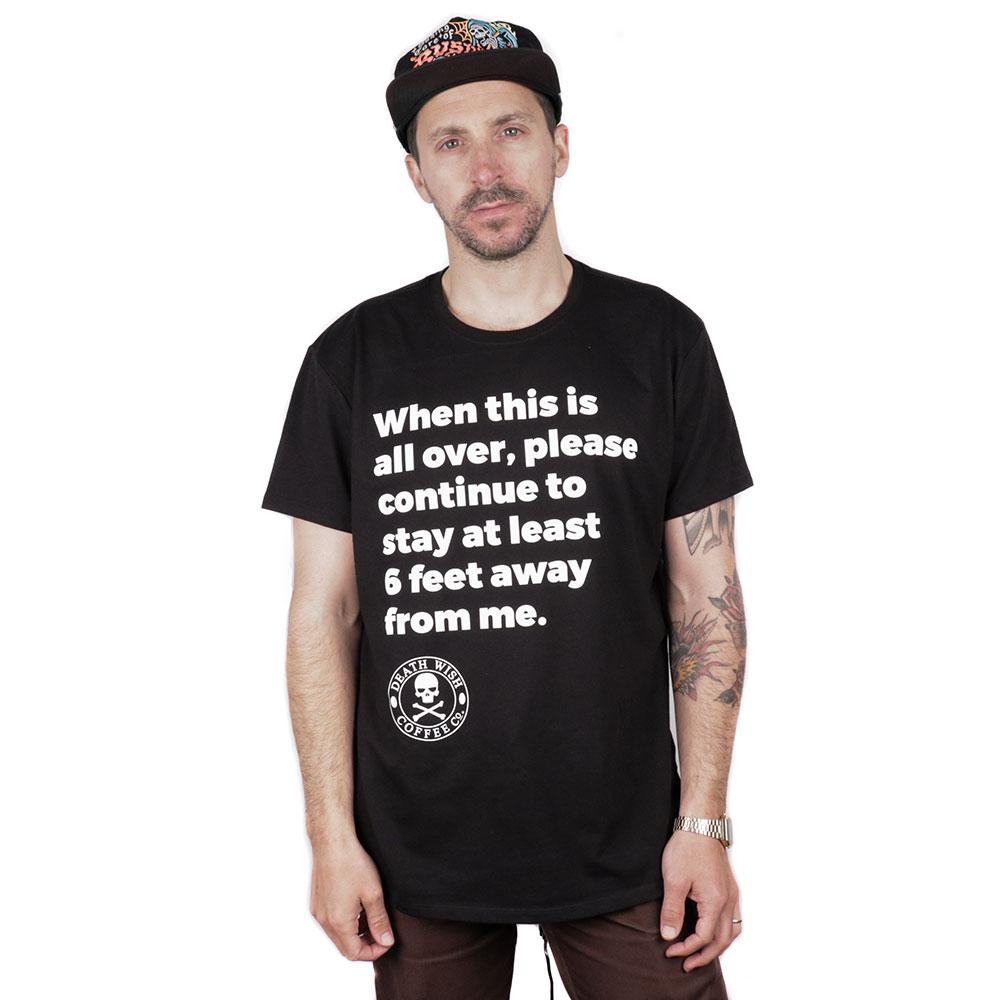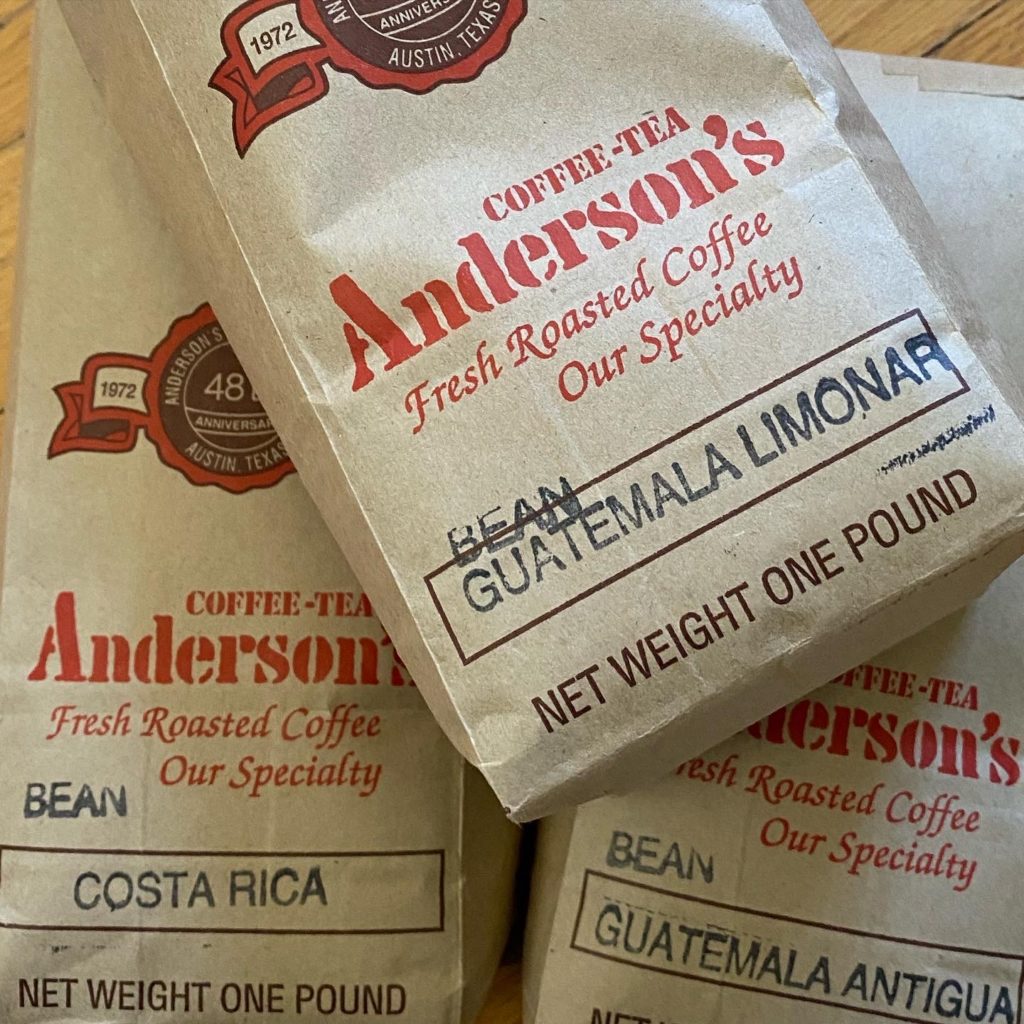Let me count the ways…
Confession: I Was a ClassPass Junkie.
When I first heard about ClassPass, it only existed in New York. (Or at least that was my impression in the first article I read.) The idea seemed pretty simple: members pay a flat fee for access to classes, studios (and gyms and boutique fitness places) listed only the classes they knew they would not fill with their own members. Each studio got to choose which class and time slot to list, and how many spaces they would offer. Since these were spaces that would otherwise go empty, having a ClassPass member there meant some income–not the full price of the class, but not $0 either. Since ClassPass members could only attend 2 classes at the same location per month, they would have to pay full price to the studio for a third class in the same month; maybe they even liked it so much that they decided to join the studio. I signed up for their email updates, followed them on social, and thought this system was a brilliant win-win-win: win for the studios (making money on what would otherwise be empty spots), win for the students (getting classes at a discount), and win for ClassPass (making money by connecting the two). It seemed easier than organizing a Groupon, with less work for the studio.
Like most tech and tech-related businesses, ClassPass was heavily subsidized by outside investors (venture capitalists, etc.) and did not make a profit for several years. That didn’t bother me, as lots of companies start out that way.
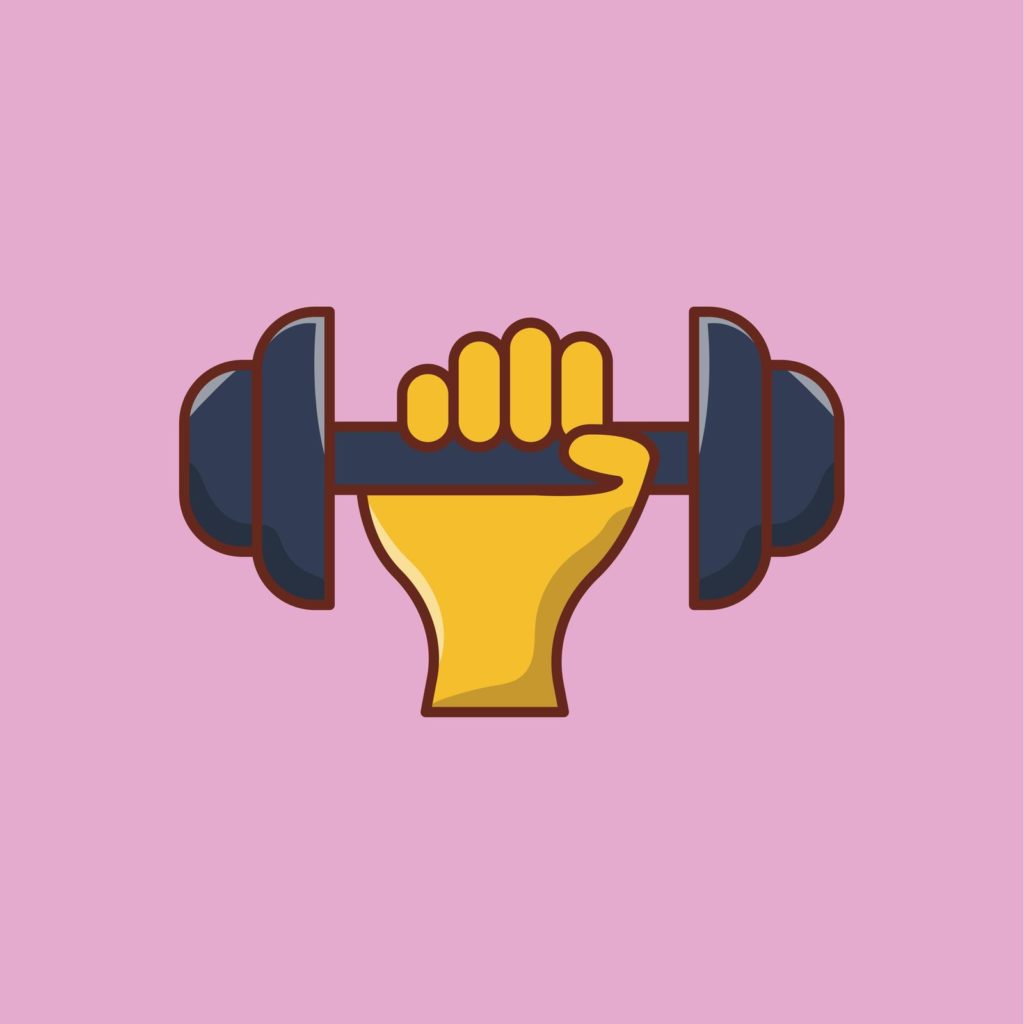
When ClassPass first started offering California options, I was living in Oakland and I jumped on it immediately. In a region where a single class might cost $30 and a monthly membership was $150 and up, the flat-fee, all-you-can-eat ClassPass was a dream! While I don’t remember the exact price, it was definitely under $100. Even if I only took 4 classes each month, I was totally scoring a deal. Plus ClassPass offered flexibility: I could go to Pilates on Monday, spin on Tuesday, yoga on Wednesday, HIIT on Thursday, all at different locations. I could take a class on one night when was able to get into San Francisco after work. I could use ClassPass when traveling in other cities (ideal and better for me than a single studio location because I was on the road for work A LOT). Also, I can’t lie, the $20 “flake fee” (for not showing up to a class you booked) kept me getting out and working out. I followed ClassPass on social, tagged them in my Insta photos, and was generally a gigantic fan.
From Unlimited to an Allowance–Both Ways.
I was still a member when ClassPass changed to a “credit” system. Basically instead of unlimited classes you now had a credit allowance to spend. More popular classes at better times cost more credits, and less popular classes at what I consider “awkward” times cost fewer credits. So the same class with the same teacher might be 2 credits at 3:00 p.m. and 9 credits at 6:30 p.m. I’m not sure exactly when this change took place, but I didn’t mind. They also introduced multiple
While putting members on a “credits allowance” (potentially fewer classes per month), ClassPass also removed “allowance” of only 2 classes per month at the same studio. I don’t remember exactly, but I think you had to pay a small premium to take a third (or fourth, or fifth) class at the same location. (I never did.) Since those additional classes still cost less than buying a membership to any single studio, plenty of people took advantage of this to pay ClassPass less than they would pay their local yoga studio, spin studio, etc. for a monthly membership–with none of the hassles of trying to cancel a studio membership.
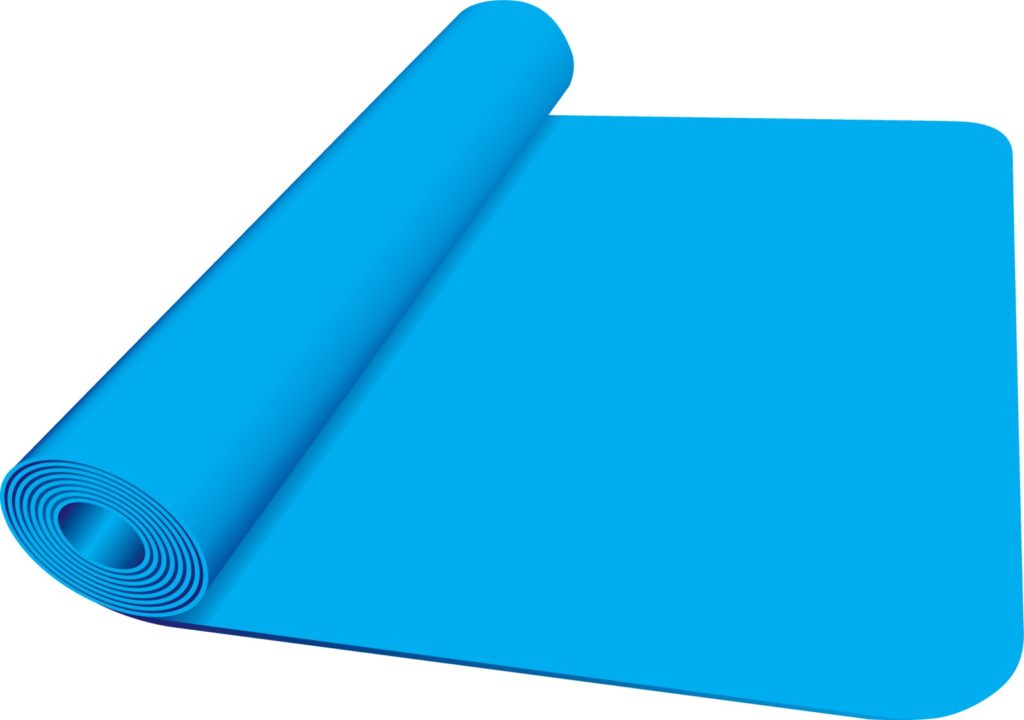
Around this time (the switch to a credit system), I later learned that ClassPass changed how studios added class spots. ClassPass began to require studios to add spots, and then add more spots, and more spots in their “prime time” classes–the ones that the studios knew they could easily fill with their own members or students buying class packs or punch cards. This meant that instead of using ClassPass ONLY to fill slots that otherwise would go empty, ClassPass was pressuring studios to add slots that were normally full. In other words, ClassPass was asking studios to voluntarily take a loss on spots in their most popular classes. This seemed obnoxious, but maybe it was a reasonable price for the benefits of having so many new students come in through the door?
At some point near or after this, ClassPass also started adding gyms to the app. Instead of booking a single class at a studio, you could book an hour of time at their partner gyms. I’m not sure how this worked (did the front desk chase you out after an hour?) but it seemed like a good way for gyms to fill their extra space as well.
I just learned that in 2018 ClassPass had started to experiment with an algorithm called SmartRate to identify how much to pay studios for each spot. My understanding is that at first, this was optional, but eventually you’ve got to figure ClassPass could force studios to join (at the end of the current contract, for example). According to Vice (article linked below), the pay to a studio per class spot was as low as $7. They also started pushing something called SmartSpot, which would decide which classes (and how many spots) to allocate to ClassPass, supposedly also promising to NOT take spots from classes that studios were also filling. Now students aren’t idiots, and when you’re paying $20-30 for a class and the person next to you is paying $10 for the class, that doesn’t seem very fair, does it? It only makes economic sense that some students bailed out of their studio memberships and signed up with ClassPass, paying less to keep attending the same classes.
In December 2019 (see Vice article) studios were told that the SmartSport and SmartRate would become mandatory. In order to keep up with a new California law, ClassPass also issued a new policy that prevented studios from using ClassPass members’ contact information. This was a huge sea change, as when ClassPass started, studios could use a ClassPass visitor’s email and phone number to add them to their mailing list, offer a new member special, and otherwise try to “convert” a ClassPass attendee into a studio member (or a person paying the studio directly for classes). Now one of the major benefits of ClassPass–“lead generation,” or finding people who might become future customers–was gone.
And Then We Had A Pandemic.
To be fair, ClassPass did not cause the pandemic. It seems a little unfair though, that ClassPass has survived just fine (and was just acquired, the dream of every tech start-up) while many of their studio partners (and other similarly-situated fitness businesses) have not not.
During the pandemic, when many studios were forced to close, ClassPass froze memberships (no charges for members and no new credits). They also made the ClassPass streaming classes free for everyone. (I don’t remember when those started, or whether you could buy a streaming-only membership pre-pandemic.) While this seemed like a pretty awesome thing to do, it was also very practical: no one likes to be charged for a service they cannot use, and while everything was closed it wasn’t possible to spend credits.
This kindness shown to ClassPass subscribers, however, was not extended to ClassPass member studios, all of whom are now stuck with the “Smart” tools controlling their income and available slots.
But before I go there, let’s take stock of what happened to fitness facilities while we were all busy with “stay at home.” While things were shut down I’m sure you watched many small businesses panic. One of my own yoga teachers was extremely frustrated about the closure of her physical studio, wanting to teach her classes to her students in-person–hey, we all want that, right? Unfortunately workout spaces are pretty perfect for spreading an airborne virus: most have fans or vents that blow directly on people which is a huge no-no and HVAC systems they do not own/manage/maintain so they cannot adjust air exchanges per hour or up the MERV rating on the filtration–two things that are actually effective in preventing spread. (All that wiping and sanitizing? Well that’s LONG overdue in a sweaty environment where dude-bros don’t wipe down the equipment, but COVID isn’t spread by fomites; primary transmission is through the air.) Confirmed spread of COVID happened at yoga studios and cycling studios (though none of them local to me). In Portland I watched as multiple yoga studios closed their doors. For some, the pandemic was their landlord’s last tool to push them out of unprofitable leases in now-gentrified neighborhoods. A few are now “studio-free” yoga studios, holding classes here and there and in public spaces and temporary homes. Others just shut their doors. The pain wasn’t limited to yoga studios, of course. CityRow Portland opened in 2019 and did not survive the pandemic. There are empty storefronts where I used to see personal training gyms. You get the picture.
When ClassPass “unfroze” memberships, members still had the option to “press pause,” I did that (and I have 44 credits banked for when the risks of indoor exercise are lower than they are right now with the Delta variant still circulating). Eventually I
How Will Studios “Bounce Back” After COVID?
Frankly, many of them won’t.
I’m a certified personal trainer (NASM), group ex instructor (ACE plus specialties), and yoga teacher (RYT 200 with many more hours of teacher-specific training). I have friends who teach, and who own studios and gyms; they are struggling. Even those that received some COVID-related small business aid may not survive in the current reality (public health and the economy). Many of us are not ready to go sweat it out indoors in a group, especially when mask compliance is spotty (lots of chin diapers and nose-dicking going on) and I haven’t found any place that either requires all attendees to be fully-vaccinated OR has overhauled their HVAC system to meet the CDC and ASHRAE recommendations, so I’ll be working out at home and outside.
My insurance (through work) offers discounted ClassPass credits and free livestream ClassPass classes, but I’m not buying any ClassPass credits until I start to see studios consistently benefitting from ClassPass by earning more dollars per student. ClassPass will be just fine without me–studio scheduling software behemoth MindBody just bought ClassPass (valued at a billion dollars, billion-with-a-b, in October 2021 according to TechCrunch).
To paraphrase the NYT (link below) We need to support small businesses if we want to see them thrive, instead of relying on an app to subsidize the lifestyle we want to have. When I return to indoor exercise, I’ll be paying studios directly. Will you?
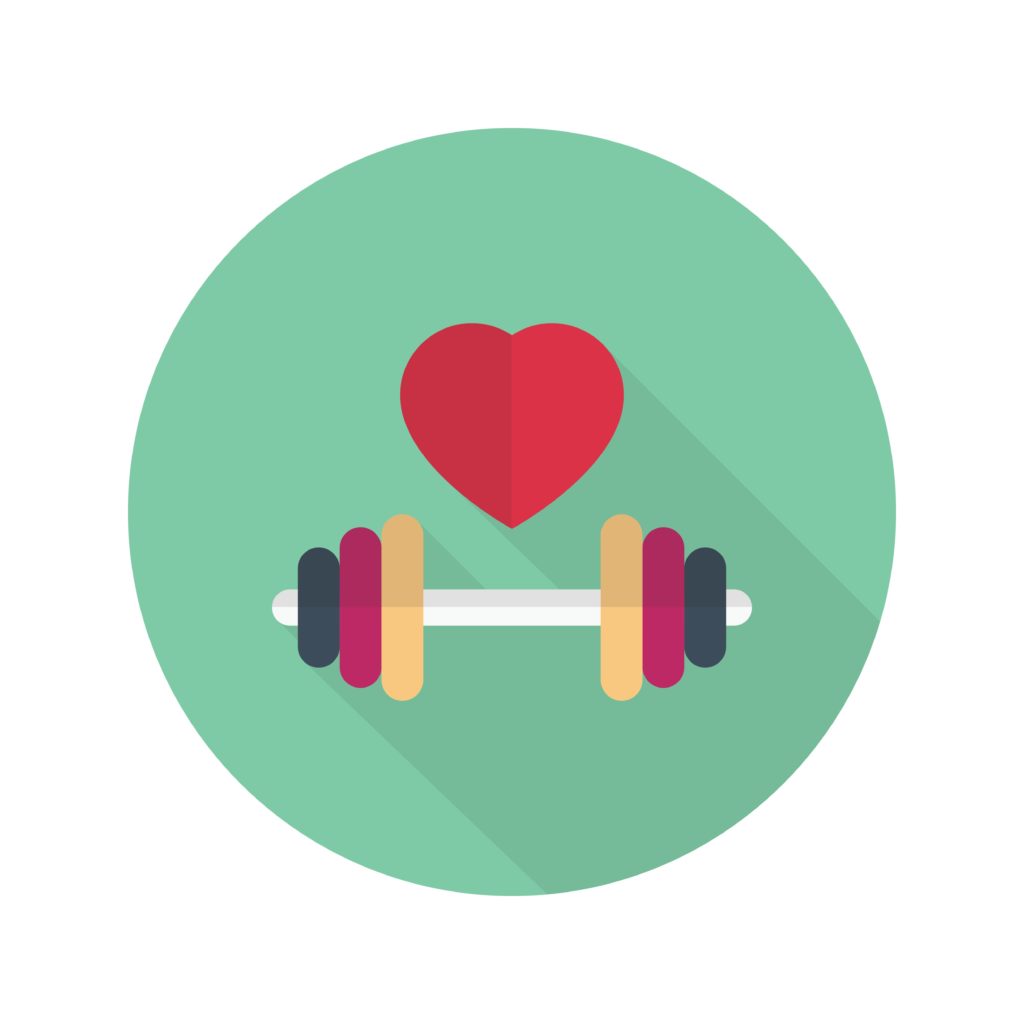
Further Reading
- https://member.afsfitness.com/content/my-experience-classpass-and-its-impact-studios
- https://www.atlantamagazine.com/health/the-pros-and-cons-of-classpass/
- https://gantnews.com/2015/04/29/classpass-friend-or-foe-to-fitness-studios/
- https://www.nytimes.com/2021/06/08/technology/farewell-millennial-lifestyle-subsidy.html
- https://www.vice.com/en/article/xgqgaw/classpass-is-squeezing-studios-to-the-point-of-death
- https://medium.com/@amyrbond/why-i-havent-taken-my-studio-off-classpass-yet-5cbdc22a45ff
- https://techcrunch.com/2021/10/13/mindbody-acquires-classpass-in-all-stock-deal-and-secures-500-million-investment/
